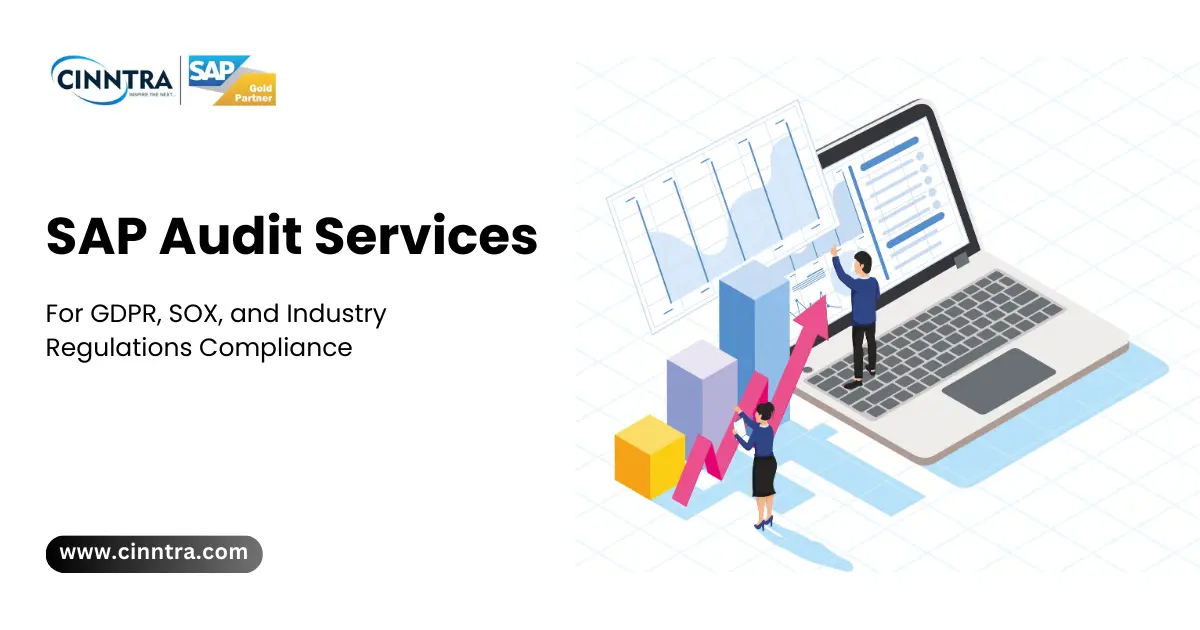How Cloud Services Increase Efficiency for Fintech Businesses

The fintech market centers around innovation, agility, and speed. Over the last few years, a growing number of fintech companies have turned to cloud technology as their means of financial technology evolution.
Fintech firms ranging from innovative startups to enterprise-grade platforms are using the cloud to provide real-time financial services, security offering pass-through transactions, and underlying infrastructure that scales.
This change is indeed more than a trend—it's a necessity to keep up with the market! By employing Managed Cloud Services, fintech firms can reduce downtime, protect sensitive information, and drive operational efficiencies.
Managed Cloud Services provides companies with professional management of their cloud infrastructure at a level that frees internal teams to focus on operational goals, rather than managing infrastructure.
Challenges Fintech Firms Face Without Cloud Services
Fintech companies that still depend upon legacy IT systems see operational hurdles created by outdated infrastructure that limits scalability, time to launch new functionality, and increased costs over time.
Moreover, security concerns are heightened by outdated devices and slower software updates that are required to defend and manage sensitive information. Consumers will only increase expectations of fintech firms, so the last thing firms need are operational obstacles.
In addition, traditional infrastructure requires capital expenditures that are large, in addition to ongoing maintenance costs and updates. These systems are not agile enough to complete modern financial service capabilities.
Real-time analytics, fraud detection, and mobile-first applications are simply not possible without modern digital tools. Fintech companies are leveraging cloud migration services for fintech to provide a structured pathway to high-performance digital ecosystems.
Managed Cloud Services Supercharge Fintech's Agility
Efficiency is key in fintech. Every transaction, customer interaction, or update matters. Managed cloud services give fintech access to 24/7 monitoring, automated updates, and performance tuning.
Managed cloud services take the management of on-premises servers off fintech minds, allowing them to reduce overhead and improve overall reliability. This is very helpful for fintech firms because they often partner
Managed cloud services also include backups, disaster recovery, and scalability of technology infrastructure. This alleviates worries that a sudden spike in traffic, or unplanned downtime can impact the accessibility of fintech applications.
Moreover, fast deployment cycles and automated workflows allow fintech to launch services faster, helping them stay ahead of their competitors - important because of the hyper-competitive nature of fintech.
Ultimately, managed services give fintech firms quicker release cycles and lower operational risk, the most important metrics in current financial services.
Cloud Migration Services for Fintech Drive Digital Maturity
Moving from on-premises legacy systems to a cloud-native environment is challenging, which is why cloud migration services for fintech are key. These cloud migration services deliver a repeatable, predictable methodology for planning, secure transfer of data, and optimization of applications without disruption.
Cloud migration services typically commence with assessments of workloads and forecasting costs in the new environment. Then, there is the configuration of a new environment, mapping of existing data, or data to be added.
Afterward, when the migration is complete, there is a final optimization process for applications to run as efficiently as possible in a cloud environment.
This process guarantees fintech performance, compliance, and complete transparency in their cloud operations over the long term.
In reaching the cloud migration stage, fintech achieves more than just a better technology infrastructure. They achieve a new, modern platform for training, and a solution for AI and analytics initiatives and transformation opportunities.
The Function of Cloud Infrastructure in Fintech Success
Fintech platforms need rapidity, flexibility, and protection. This is the role of cloud infrastructure tailored to fintech firms. They bring variable computing power, low-latency networks, and safe storage to complex fintech workloads.
Payment systems that process real-time transactions, digital wallets, and platforms for high-frequency trading have incredibly resilient infrastructures.
Cloud-native architectures also minimize downtime and help provide a seamless financial experience for users. Flexibility through load balancing, microservices, and containerization.
Cloud environments help firms stay compliant with data standards globally. Alternate features, such as end-to-end encryption, identity access management, and regional hosting, provide scalability to ensure fintech can keep users informed while achieving compliance.
Deciding Your Cloud Partner for Business Needs
Not every cloud provider is suitable for fintech firms. Fintech companies should concentrate on partnering with providers with regulatory compliance knowledge, compliance knowledge, security to a financial-grade standard, and scalable platforms.
The right provider should be able to support and respond to changes in business models, while still providing reliable availability and performance. Important elements include uptime SLAs, opportunities for data sovereignty, and solid customer support.
Providers should offer native integration with payment processors, identity processes, and analytical tools. Native integrations enable quicker go-to-market times while reducing vendor overload.
Fintech companies should also be aware of opportunities for cost transparency, as well as resource optimization tools. These resources ensure early detection of over-commitment of costs and effective management of infrastructure over time.
The Future of Fintech Lies in Cloud-First Strategies
The financial services industry is moving toward cloud-native innovation at an accelerated pace. Cloud-first fintech companies are now leading in customer acquisition, retention, and satisfaction.
They deliver superior digital experiences by combining scalable infrastructure with rapid development capabilities. Emerging technologies like AI, blockchain, and embedded finance further amplify the benefits of the cloud.
These technologies require dynamic environments that can handle real-time processing, distributed data, and scalable computing. Only cloud platforms can meet these growing demands.
Cloud-first strategies also support global expansion. With the cloud, fintech businesses can serve users in multiple geographies with minimal latency and full regulatory alignment.
Why Cloud Adoption Now Defines Fintech Success?
Cloud services are no longer optional for fintech companies—they are essential. From increasing agility to enhancing security, the cloud empowers firms to thrive in an ever-evolving digital economy.
With the right approach, companies can unlock higher performance, improved reliability, and reduced operating costs.
By adopting Managed Cloud Services, fintech leaders can offload technical burdens and refocus on innovation. Those investing in cloud migration services for fintech secure long-term resilience, adaptability, and growth potential.
As demand grows, cloud infrastructure for fintech businesses will remain the foundation of scalable, high-performing financial platforms.
The time to act is now—cloud adoption isn’t the future of fintech; it’s the present.





0 Comments